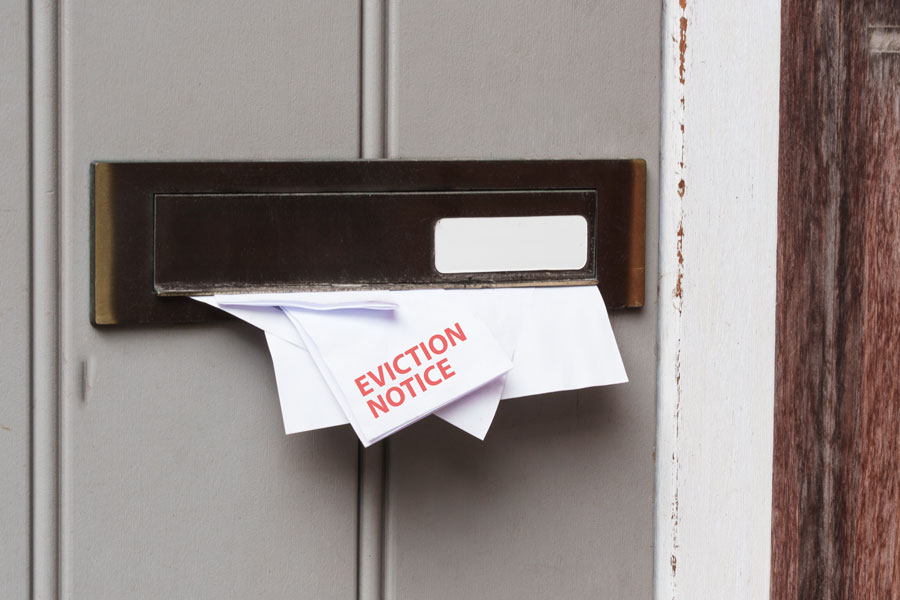Growing Number of States Allowing Tenants to Seal Eviction Records; How Are Nevada Landlords Affected?
LAS VEGAS, NV – Following the end of pandemic-era housing protections, the number of evictions soared nationally and many tenants who failed to pay their rent during COVID-19 – either because of financial issues brought about by the virus, or because they were simply taking advantage of the law for their own gain – found themselves out on the street.
In fact, in 2023, evictions in some U.S. cities increased to over 50 percent higher than they were prior to the pandemic, according to a recent study by the University of Michigan.
While this was a blessing for many cash-strapped landlords who suffered throughout the pandemic, it has led to a new series of issues that many are being forced to face: a growing number of states that are allowing tenants to seal their eviction records in some – and, at times, all – cases, making it difficult for the next individual they rent from to tell if they will be a reliable occupant or not.
The increasing number of states that are passing legislation in favor of allowing tenants to conceal their previous eviction status argue that – regardless of the reason – having an eviction on your record can have a negative impact on acquiring new housing and can contribute to homelessness.
However, many landlords – especially small mom-and-pop property owners with limited means – argue that it is unfair to conceal eviction records from them, given the fact that many were already forced to provide free shelter for an extended time during the pandemic, much to their financial detriment. Not knowing if a new tenant is reliable or not could potentially put them in additional jeopardy, they say.
That being said, can tenants have their eviction records sealed in the state of Nevada? To answer that question, we turn to Nevada Legal Services (NLS), which lays out the details.
Normally, evictions are considered public records, and in the case of Nevada, that is no different. However, there are instances where – due to the passage of Nevada Revised Statutes (NRS) 40.2545 in 2022 – courts are allowed to seal a summary eviction case in certain circumstances; sometimes automatically, sometimes when petitioned by a tenant or landlord.
According to NLS, an eviction in the state of Nevada is sealed automatically:
- If the eviction is dismissed.
- 10 judicial days after eviction denied – tenant prevails at court hearing.
- The landlord seeks to rescind the eviction.
- 31 days after Tenant files the Tenant’s Affidavit if Landlord does not file.
In other instances, a tenant must take action to have an eviction sealed; a Stipulation to Seal can be filed if a landlord agrees to seal the eviction, and both parties must sign the form. But if the landlord does not agree to seal the eviction, the tenant must file a motion on their own, which may or may not be granted, depending on the circumstances of the eviction; essentially, they must prove to the court “the interest of justice in sealing the eviction is not outweighed by the public’s interest in access to court records.”
So, in closing, Nevada currently does not have a blanket seal on eviction records; they can be automatically sealed in certain instances, but otherwise tenants are required to petition the court to do so, and they must provide proof to back that petition up or it will not be granted.
Shelter Realty Property Management specializes in the areas of Henderson, Las Vegas and North Las Vegas, NV. Feel free to give us a call at 702.376.7379 so we can answer any questions you may have.
Christopher Boyle is an expert investigative journalist for SEARCHEN NETWORKS® and reports for independent news and media organizations in the United States. Christopher keeps a keen-eye on what’s happening in the Vegas real estate market on behalf of Shelter Realty Property Management

